Akbar “Sonneiko” Butaev’s US visa has been denied for a second time. On the other hand, Team Empire’s player Maxim “yoky” Kim has finally received his visa, after having it denied twice. With TI5 right around the corner, the pressure for approved applications and appeals increases, as teams fear the worst.
The visa application process and its outcome weighs heavily on teams traveling to Seattle, Washington for TI5 from the CIS region and Eastern countries such as China, Malaysia and South Korea. The lack of legal sanctioning can definitely end up taking its toll on players and fans alike. However, Valve can’t seemed to be bothered.
We’ve witnessed reactions from the community exonerating Valve of any and all responsibility. We shouldn’t excuse that behavior.
Valve is a multi-billion dollar company, with almost twenty years in the business. Surely an application from Valve to have Dota 2 recognized as an official sport in the US wouldn’t go ignored by their government. Especially since they’d be walking the beaten path of what is for all intents and purposes an identical precedent: in 2013, Riot conducted due process to obtain professional sport status for their Championship Series.
With a notoriously contested company culture of delicious idleness – please, take a look at this new-employee handbook, it’s mind-blowing – Valve has always been reliant on community factors to run their show. A significant part of their IP stems from the modder community. Item creators, tournament sponsors and organizers? Valve owns the IP and the majority of the revenue generated with absolutely no accountability. It doesn’t get more hands off than this. Nor more profitable.
But perhaps it’s time to take responsibility, take one of your 300 employees and have them walk the beat every day to your senator’s office. Spend a buck or two, it won’t make a dent in your billions. All it takes is the little effort and the willingness. We would forget all of greed and lack of professionalism, we would even forget the disappointment of the immortal treasures, just make our sport legitimate once and for all. It’s been done – and by the people we look down on the most, no less.
LCS is an official sport in the US – a recent history lesson
After lengthy, back and forth discussions between Riot Games and the US government, as of 2013, League of Legends players are considered professional athletes and can be awarded specific visas.
The United States government recognizes League of Legends pro players as professional athletes and award visas to essentially work in the United States under that title. It’s a much easier process because they’re actually recognized by the government. This is a huge thing. It was a lengthy process; we had a lot of people fighting for this. It wasn’t something that happened overnight.
– Riot Games eSports manager Nick Allen for GameSpot, July 2013
Although the measure is only applicable to League of Legends tournaments, other esports can apply to be added to the list of recognized leagues. The ground has been broken and the precedent is there. The question arises as to why Valve does not follow in Riot’s footsteps and lobby for the same kind of recognition for Dota 2 players. If Riot could do it, why can’t Valve?
Na’Vi’s visa worries
Sonneiko visa got denied for the 2nd time. @natusvincere are risking to miss the #TI5 #visas #valvehelpplz
— Vitalii Volochai (@v1lat) July 2, 2015
The Ukrainians have a lot to worry about, with the denial of Akbar “Sonneiko” Butaev’s US visa. As one of the team’s core players, Sonneiko has been praised for his amazing plays and skill, when he helped Na’Vi advance through the TI5 European qualifiers and claim their spot in the main event.
In the unfortunate circumstance that the support player is not able to obtain his US visa in due time, Na’Vi will be left with limited options: they either find an approved replacement, or they lose their spot altogether.
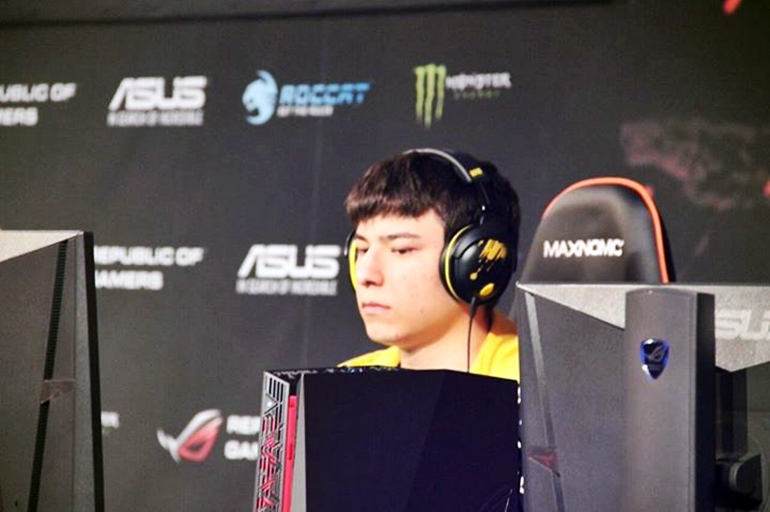
Team Empire’s visa issues
Luckily for Team Empire, they seem to have put the string of visa woes behind them. Finally, the team can celebrate the approval of Maxim “yoky” Kim’s US visa, at least two failed applications.
It's official, @yokydota got his US Visa #SeagateEmpireBootcamp
— Team Empire (@team_empire) July 1, 2015
According to Team Empire, Yoky’s visa application was successful thanks to supporting documentation from an article written by US Sports Broadcasting giant ESPN, referring to the team’s situation of playing without one of their members due to visa issues.
We got lucky @ESPN wrote about us in their esports issue and it was said that @yokydota wasn't there due to visa problems
— Team Empire (@team_empire) July 2, 2015
The road to approval was long and arduous for the CIS team. Throughout the year, they faced obstacles and challenges one after another in relation to obtaining visas.
- Empire were forced to enlist the help of Gleb “Funn1k” Lipatnikov to stand in at the MLG Pro League Championships, when Maxim “Yoky” Kim had his US visa denied for a second time.
- Team Empire’s success as MLG Columbus Pro League Champions had earned them a direct invite to the MLG Pro League held in partnership with ESPN X-Games in June, but the team was forced to withdraw due to visa issues.
- When bootcamping in Kiev, Ukraine, Maxim “Yoky” Kim was turned back at the Ukrainian border.
TI5 visas situation so far
Virtus.Pro
US Visas – 5/5 ! Nothing can stop us now! #TI5
— Georgy Faleev (@vp_drAmer) July 2, 2015
Vega Squadron
9pasha, @dotaSolo & @AlexKazannikov got their U.S. visas. pic.twitter.com/QNhHPrkdco
— Vega Squadron (@VegaSquadron) July 2, 2015
Vici Gaming
Our team has successfully obtained USA visas for #TI5
Good luck to all teams pending visas.Hope to see everyone there pic.twitter.com/FkOdK8ZROu
— ViCi Gaming (@ViCi_Gaming) July 2, 2015
Dota 2 visa issues in 2015
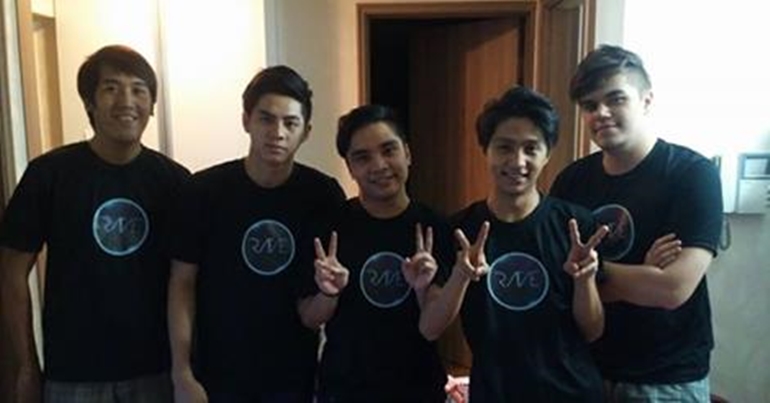
Dota 2 visa issues in 2014
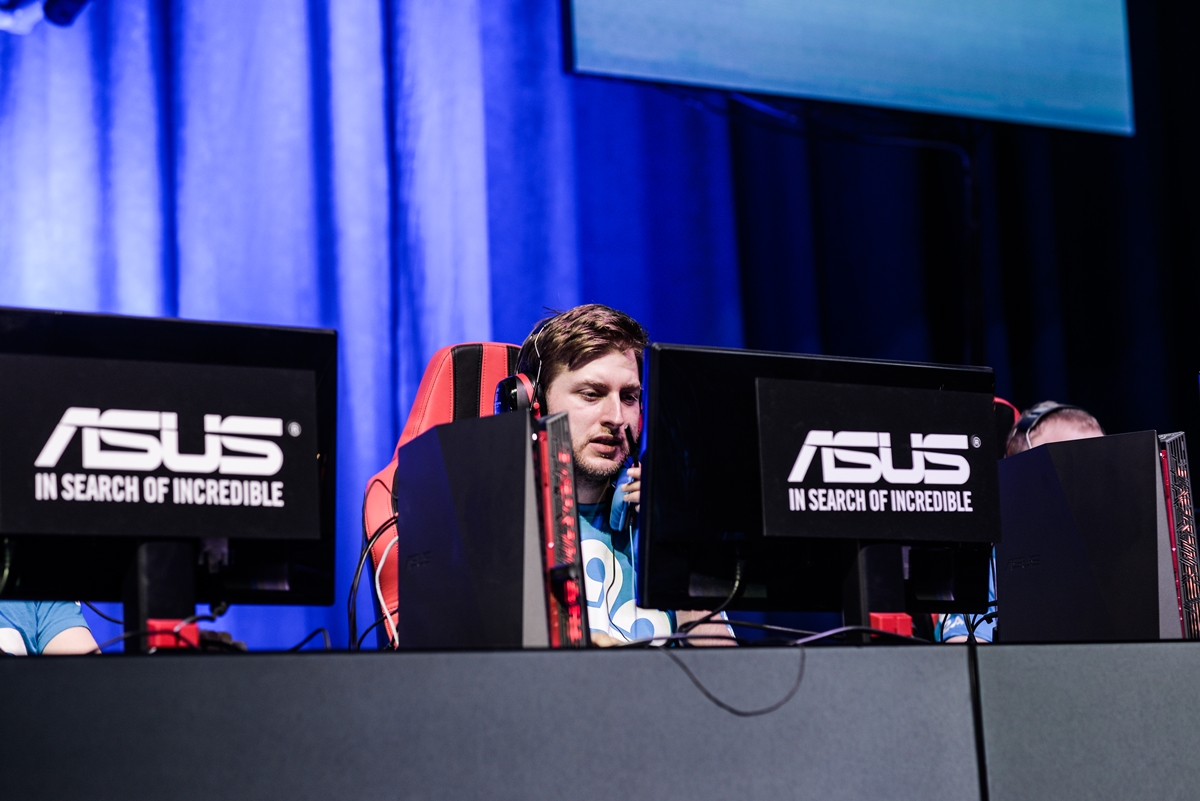
bOne7 (Cloud 9)


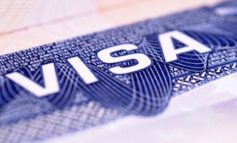

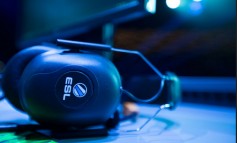
2 Comments
ntdhaui
(5 comments)Go help Sonneiko get the visa plz Volvo! Fuck off! GabeN go do something in stead of swimming in our $!!!
July 4, 2015 at 5:44 amThe Grand Visa Conundrum | Rezzer Gamers
[…] Without a recognized status, the issuance of visas does not merely thwarts the hopes of players who have earned their spot in a tournament but jeopardizes their equal chances to win it by affecting a team’s preparedness, cohesion and performance. What is perhaps less visible is how much time and energy organizers squander over those situations to force the application system, whenever they get involved. Valve’s delayed response to Sonneiko’s case in the summer for example attracted justified criticism. […]
November 30, 2015 at 9:13 pm